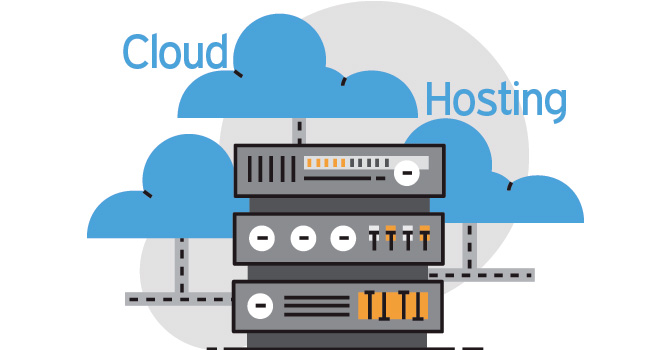Dying Dedicated Servers and the Evolution of Cloud Hosting

For more than a decade, practitioners of cloud hosting (or cloud computing) have often hyped that their craft is an effective, reliable, cost less and flexible web hosting solution. It's designed to "give a boost to cloud power," as one spokesperson put it. Unfortunately, it's also misguided, especially on the price-to-performance ratio. This is particularly noticeable with PH1, which can be anywhere from 2x more expensive and 6x slower, it's true of KAS in general (x3, couldfont, route66 aren't the fastest options available).
Whatever the merits of cloud hosting, raising it to the status of must have medicine will only provide a distraction from the more urgent task of improving standard web hosting services. The value in the age of the Cloud may be much debated but the unparalleled power and control you attain with a dedicated server ensures that they remain the ideal option for certain businesses and certain workloads.
Not only is PH1 slow and expensive, it's getting worse as faster processors and hard drives come to market. The new EBS-only M3 generation didn't come close to closing the gap.
Cloud hosting solution is often burdened by security risks, and reliability issues. Dedicated servers are physical servers, owned or rented in their entirety. They are commonly used by those who require the highest security for their data assets and those with constant and predictable high server demand. Many businesses find that undergoing significant growth requires them to take another look at their hosting needs, and may find that dedicated server adoption is the best solution for their growing needs.
The real advantage of cloud hosting is per-hour billing and instant provisioning. If you legitimately use these features, then maybe PH1 is a good choice. I say maybe because the price/performance gap is so extreme, it's hard to compensate. Same with instant scaling. We could worry about spikes in traffic...or we could pay 1/3 the price and have 10x the headroom for growth.
If you need to start and stop instances (say you have an unsteady number of jobs), a hybrid approach is going to be more efficient. Figure out your baseline and use dedicated/collocated hardware. Use cloud hosting spot-instances to handle the irregular periods.
This lack of oversight extends to reserved instances. You can't talk about cloud hosting pricing pricing without mentioning reserved instances. At best, reserved instances eliminate the price-gap, but it does nothing to eliminate the performance gap. Not only that, but to get that price parity, you need to put a significant amount of money upfront. What you pay upfront for your reserved instance is roughly the total cost of a faster dedicated server. You also lose one of cloud hosting's only advantage: per hour billing. Facts are inconvenient truths to be papered over with exaggerated marketing hype.
Cloud is to an extent a shared service and heavy volume can slow it. Dedicated servers will only ever see the volume of your business's information and traffic which gives businesses the ability to have the full run of a server without any concerns from any other users on the system.
Your business and your business alone on the server means that only you will be utilizing the processor and memory resources within the system. Your business level server will be able to perform at optimal levels with no concerns for any other demands on it beyond your own. The absence of any shared factors make dedicated servers one of the most secure and reliable types of web hosting service.
Silicon Valley has an innovative and nuanced view of ethical boundaries. Y Combinator founder and investor Paul Graham wrote a guide explaining what his fund looks for when making investments. As he sees it, the most successful founders are the ones that "delight in breaking rules, but not rules that matter."
As Paul Graham says, "It is the people who break rules that are the source of America's wealth and power." The people who break rules are also the source of America's prison population, but on a global scale Graham's statement is historically correct.
Values of Dedicated Servers
- - Exceptional Security
- - Fully Isolated
- - Managed Service for Superior Support
- - Reliable with High Uptime
- - Bandwidth and Space to Grow
As a natural next step, we are now studying the cloud hosting proclivities of our fellow primates. There are lots of anecdotal reports of costs savings, flexibility and even scaling beyond imagination, but repeated use is not scientifically documented. Some of those may have recognized their mistake and not shared it.





